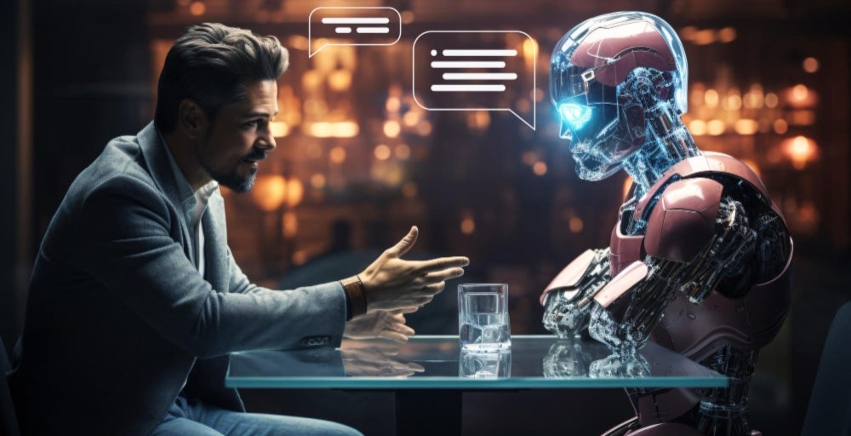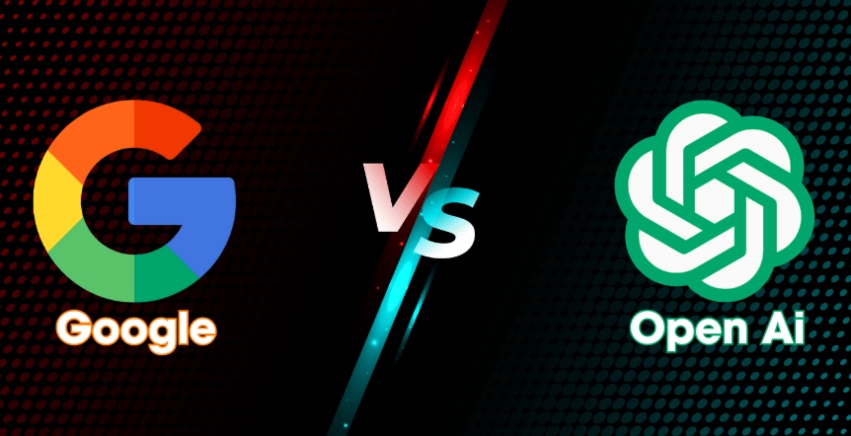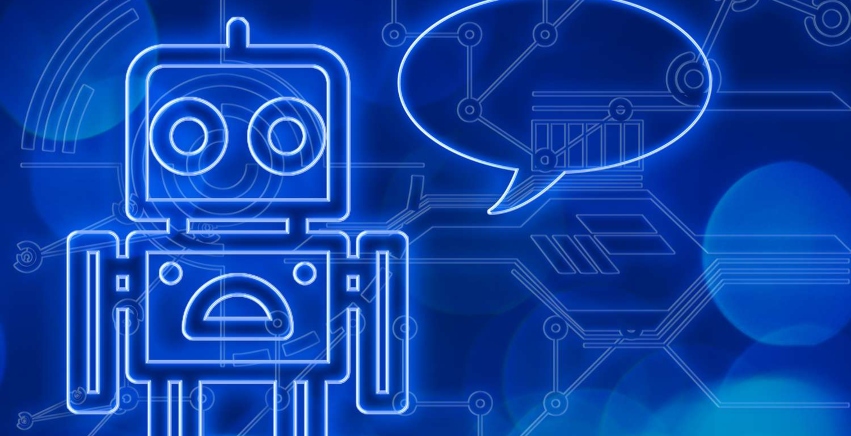
Artificial Intelligence (AI) has become a buzzword synonymous with the future of technology and innovation. As AI systems grow more sophisticated, there’s a rumor beginning around that AI will impact on the job market. Will AI be a job creator, or will it make human skills obsolete? This blog delves into the potential effects of AI on employment and what it means for the future workforce.
The Rise of AI In The Workplace
AI’s integration into the workplace isn’t a distant future - it’s happening now. From customer service chatbots to automated manufacturing robots, AI is enhancing efficiency and productivity across various industries. However, this technological advancement comes with concerns about job displacement. As machines take over repetitive and routine tasks, there’s an inevitable shift in job roles and requirements.
Job Displacement Vs Job Creation
The fear that AI will replace jobs is not unfounded. History has shown that technological revolutions, such as the Industrial Revolution, have led to significant workforce transformations. Yet, it’s also true that technology can create new job opportunities. For instance, the rise of the internet created entirely new career paths in digital marketing, web development, and cybersecurity.
The Changing Nature Of Work
As AI reshapes job roles, education and training systems must adapt to prepare individuals for the evolving demands of the workforce. This includes encourage the development of skills like critical thinking, creativity, and adaptability. Moreover, there should be an emphasis on STEM education and digital literacy to equip people with the knowledge to work alongside AI technologies.
The Economic Impact
AI’s impact on jobs also has broader economic implications. Increased productivity can lead to economic growth, but it must be managed to ensure that benefits are distributed equitably across society. Policymakers face the challenge of creating frameworks that support workers during transitions and promote inclusive growth.
Bottom Line
No doubt, Artificial Intelligence Will Affect Jobs, but its impact is not a simple equation of job loss. It’s a catalyst for change - transforming how we work, the skills we need, and the way we think about employment. While there are challenges ahead, there’s also potential for AI to enhance human capabilities and create new opportunities.
The future of work in an AI-driven world is not set in stone; it’s a narrative we can shape through proactive adaptation, continuous learning, and inclusive policy-making. As we stand at the cusp of this technological revolution, it’s crucial to engage in conversations about AI’s role in our lives and how we can harness its potential for the betterment of all.







